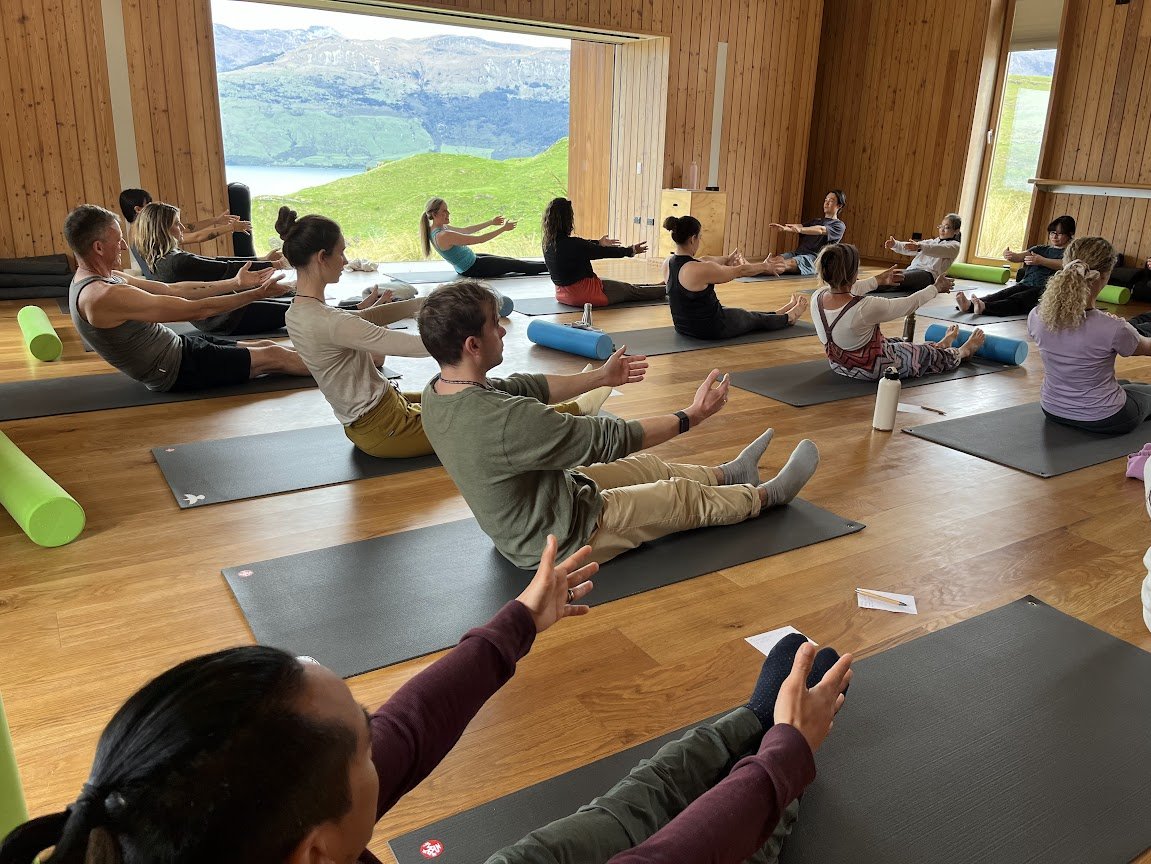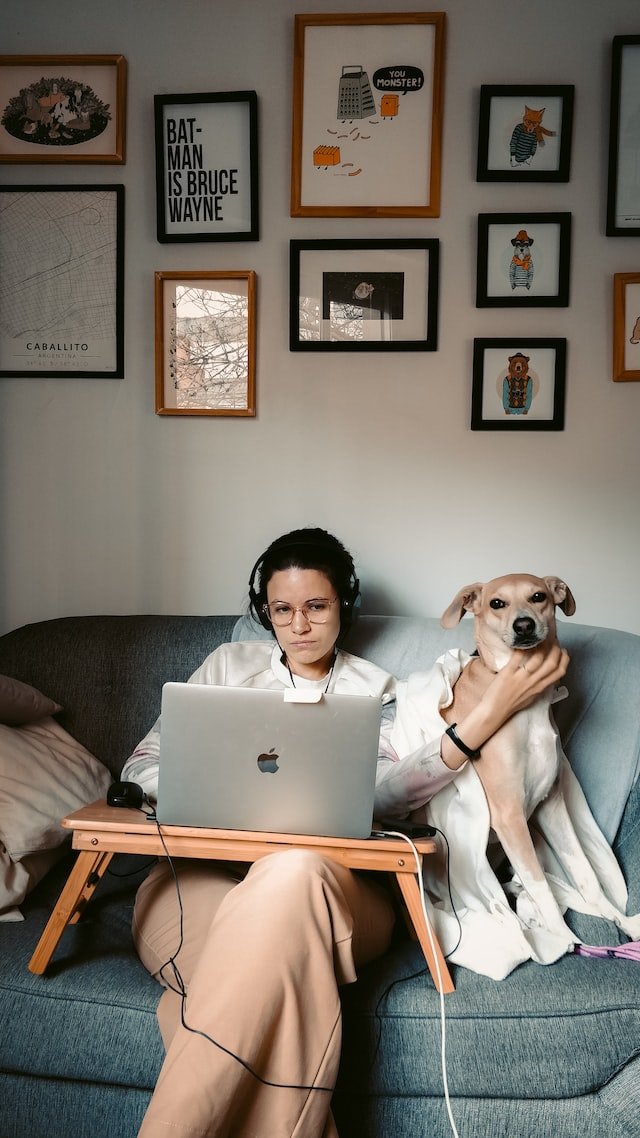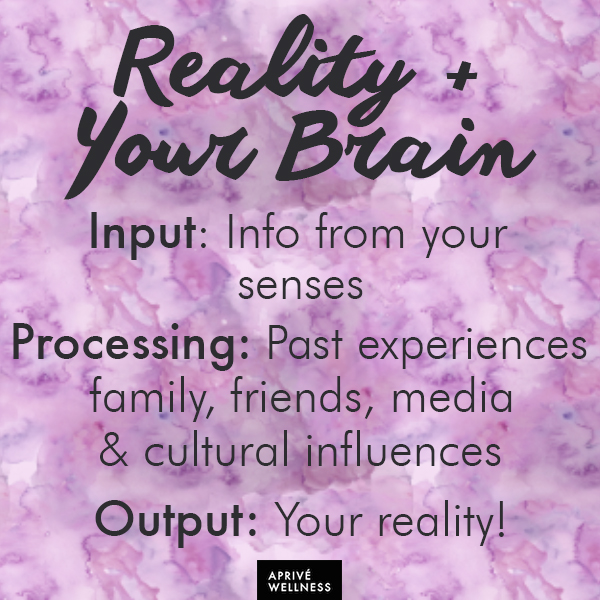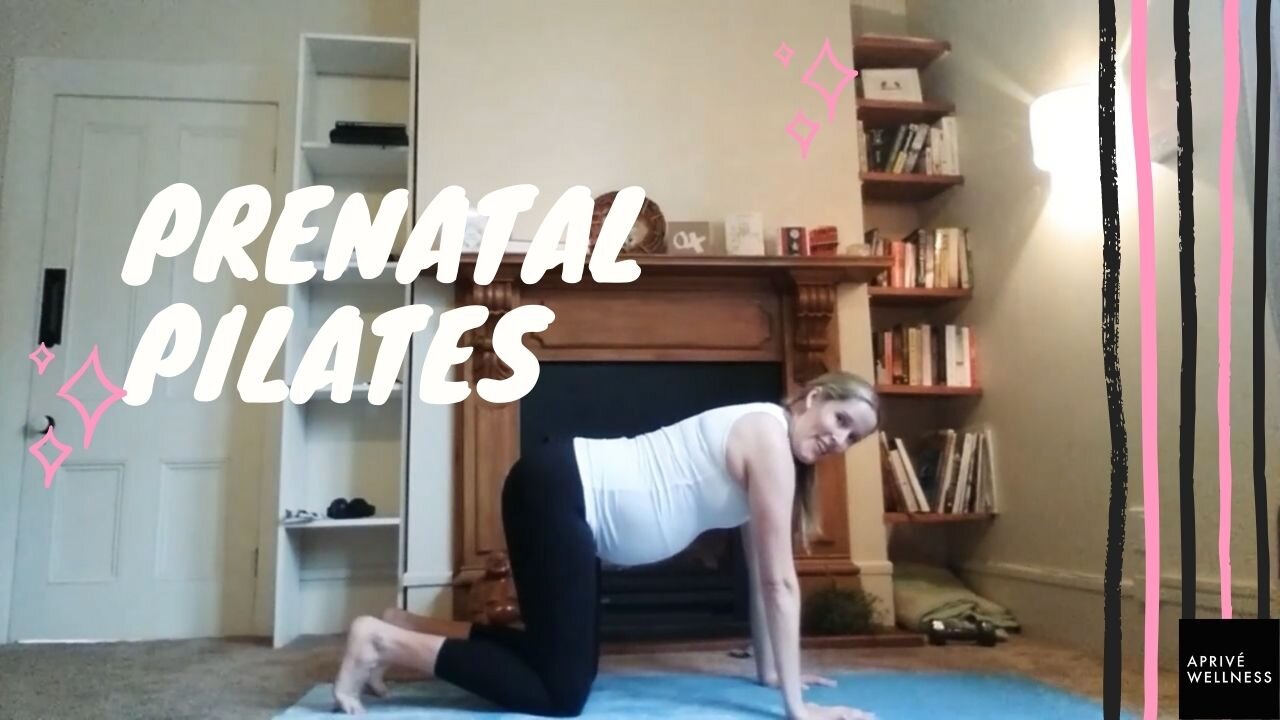Have you ever felt blue and told yourself “get over yourself. Just smile and be happy?” You’re not the only one. As a holistic practitioner, I've been lucky to meet and be treated by some of the most brilliant people around the world helping people rediscover their sense of self. Here's what I've learned.
Bottling up emotions is part of living in Western culture, and many holistic psychologists think suppressed emotions could be the reason psychosomatic disorders like depression, anxiety and insomnia are on the rise.
As the West looks more and more to the East for guidance on wellbeing, we’re discovering that healing inside, rather than outside ourselves could be the key to a more balanced life, mind and heart.
In modern Western culture, feelings are grouped into two categories; good and bad. Anger, pain, guilt, fear and shame get stuffed into the bad group, while joy, passion and love are in the good group.
Life is like a box of chocolates
"Life is like a box of chocolates, you never know what you’re gonna get,’” (thanks Forest) so you may have encountered some pretty tough stuff that causes you to feel strong emotions.
If a parent left you when we were young, you may feel ashamed of having a parent you didn’t feel loved you. You might feel fear that other people in your life will leave you too. But! Imagine if you told someone that! You’d feel weak and ridiculous! So you pretend you’re fine, even convincing yourself your fine and burying your feelings so deep, you don’t know they’re there.
We’re programmed to avoid bad feelings at all costs. So we put on a smile, and go about our daily lives. We might even think people won't like us without our mask on, so instead of connecting with people, we connect with other things like a dependent partner, social media, drugs, alcohol, sex, food, exercise, eating disorders and other dependencies.
What causes addiction? Easy, right? Drugs cause addiction. But maybe it is not that simple. This video is adapted from Johann Hari's New York Times best-selling book 'Chasing The Scream: The First and Last Days of the War on Drugs.'
Essentially, we put a bandaid on the feelings and we pretend they’re not there. But what happens when you leave a bandaid on? Slowly, the adhesive wears away, and it starts to slip, until it’s fallen off completely.
When we bottle up emotions for too long, they end up showing up in different ways.
We may be the absolute picture of composure at work, then get home and scream at our partner for not replacing the toilet roll.
The shield around our feelings begins to crack, and we take it out on those closest to us.
Get Comfy with ‘Bad’ Emotions
Nigel McFarlane, psychotherapist and holistic counsellor of the Ayusha Wellbeing Clinic says we need to be able to experience pain, fear, shame, loneliness, and sadness, and not run away from them. Instead of slapping on your happy mask or turning to wine on a lonely night, what if you could just experience feeling lonely while reminding yourself you’re complete within yourself?
If we experience these feelings, and can see them objectively, we’re less likely to be overwhelmed by them. We come to know them, and without latching onto them, we can see them come and go as they will do throughout our lives.
Think of it like meditation. Many meditations teach you to notice your thoughts as they come, but try to watch them pass you by, rather than digging deeper into the thought. Of course, if you’ve experienced trauma or are struggling with elements of your past, seeking help from a trained professional is the best place to start.
Take responsibility for your feelings
Pia Mellody, an incredible professional working with addiction and co-dependency says your feelings are yours. No one can make you feel a certain way.
Have you ever heard someone say “I didn’t want to do it, but she made me.” These statements always sound ridiculous don't they? You know no one can make you do something you don’t want to do, much like no one can make you feel a certain way. Pia Mellody suggests changing the way you communicate feelings and taking ownership of them, rather than blaming them on others.
eg. When you came home and slammed the door, you made me furious. You’re so selfish you knew I was sleeping.
The response to this will never be good. But what about this?
eg. I'm feeling angry about last night and I wanted to tell you so I can move on. When you came home and slammed the door I felt angry. I was asleep and I also got a fright.
Ultimately though, not latching onto our emotions can be difficult, particularly when we’re having a tough time in many areas of our lives. Here are some ways to make it easier:
1. Yoga
Yoga not only teaches you to stay calm in the face of stress with metered breathing, it also teaches you to appreciate your body and what it can do. This helps to build that understanding of ‘inner self’ so when you’re lonely, you don’t feel worthless. You feel alone in yourself, but that self is pretty great!
Yoga/Pilates fusion at an Aprivé Wellness Retreat
2. Breathing and meditation
There are now hundreds of medical journals showing the benefits meditation has on the mind; not just for clarity of thought, but in conflict resolution, ability to problem solve and to control your thoughts. Luckily, the benefits aren't only cognitive.
Meditation and breathing also changes the parasympathetic nervous system response and switches off your stress response to help keep you calm, which means when you experience tough emotions, you’re able to observe them in a controlled way, rather than become overwhelmed.
3. Remind yourself emotions are good
Feelings and emotions are how we’re able to experience love and joy, but fear and loneliness are also huge part of our lives. Instead of putting on your mask, try sitting with your feelings; whether they’re happy or sad. Notice how it feels to experience them, and see them as a part of you that ebbs and flows. Don't condemn yourself, or others for showing emotion.
4. Share your feelings with people close to you
Sharing feelings is tough, and makes us feel weak and vulnerable, but maybe that’s what it takes to have a more meaningful life?
I’m certainly no master at acknowledging emotions. I’m much more of a ‘put on a happy face and get on with it’ kinda gal, but after being lucky to have worked in holistic wellbeing around the world for the past few years, I’m learning the bandaid fix is not sustainable. We have to deal with those things we’ve buried away as they’ll find their way up to the surface when we least expect.
One part of dealing with those things is telling the ones we love how we feel; not just negatives but positives too. This creates real, meaningful connections with the people around us. Communicating emotions can open us up to those true friendships and partnerships that generate the emotional support many people in the Western world are searching for.
As the West looks to the East for more and more spiritual guidance, we’re learning that looking inside ourselves and noticing our emotions, then dealing with our own inner pain and not being shy to share it could be the key to happier, more fulfilling lives.
What do you think?


























